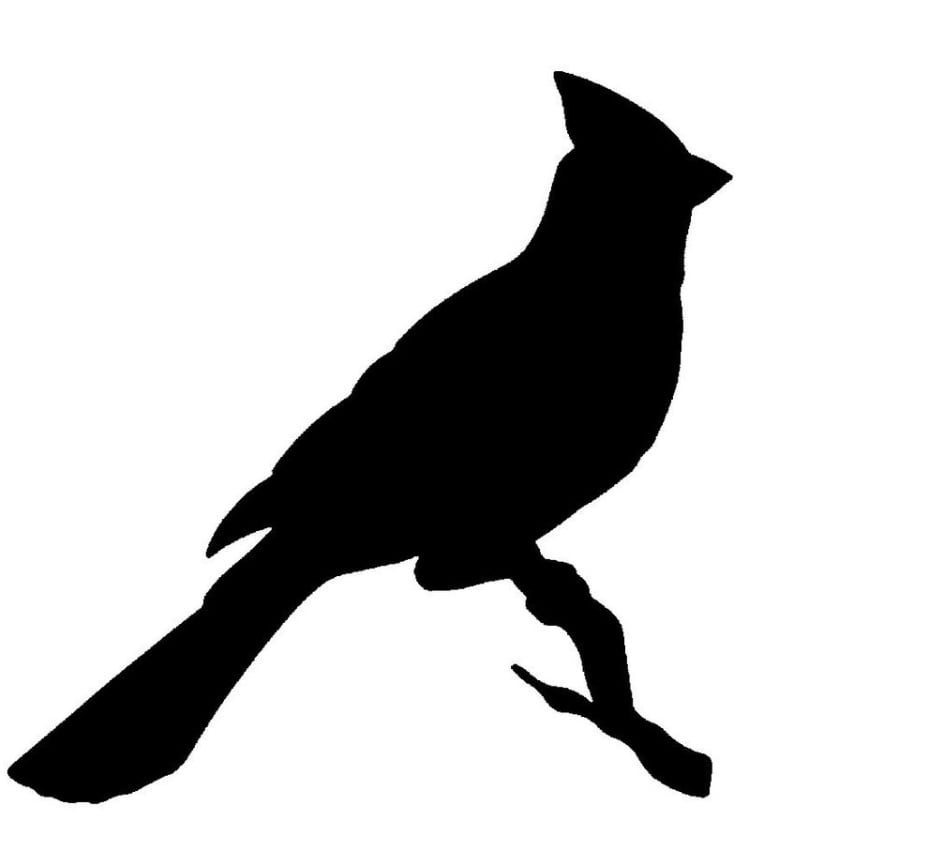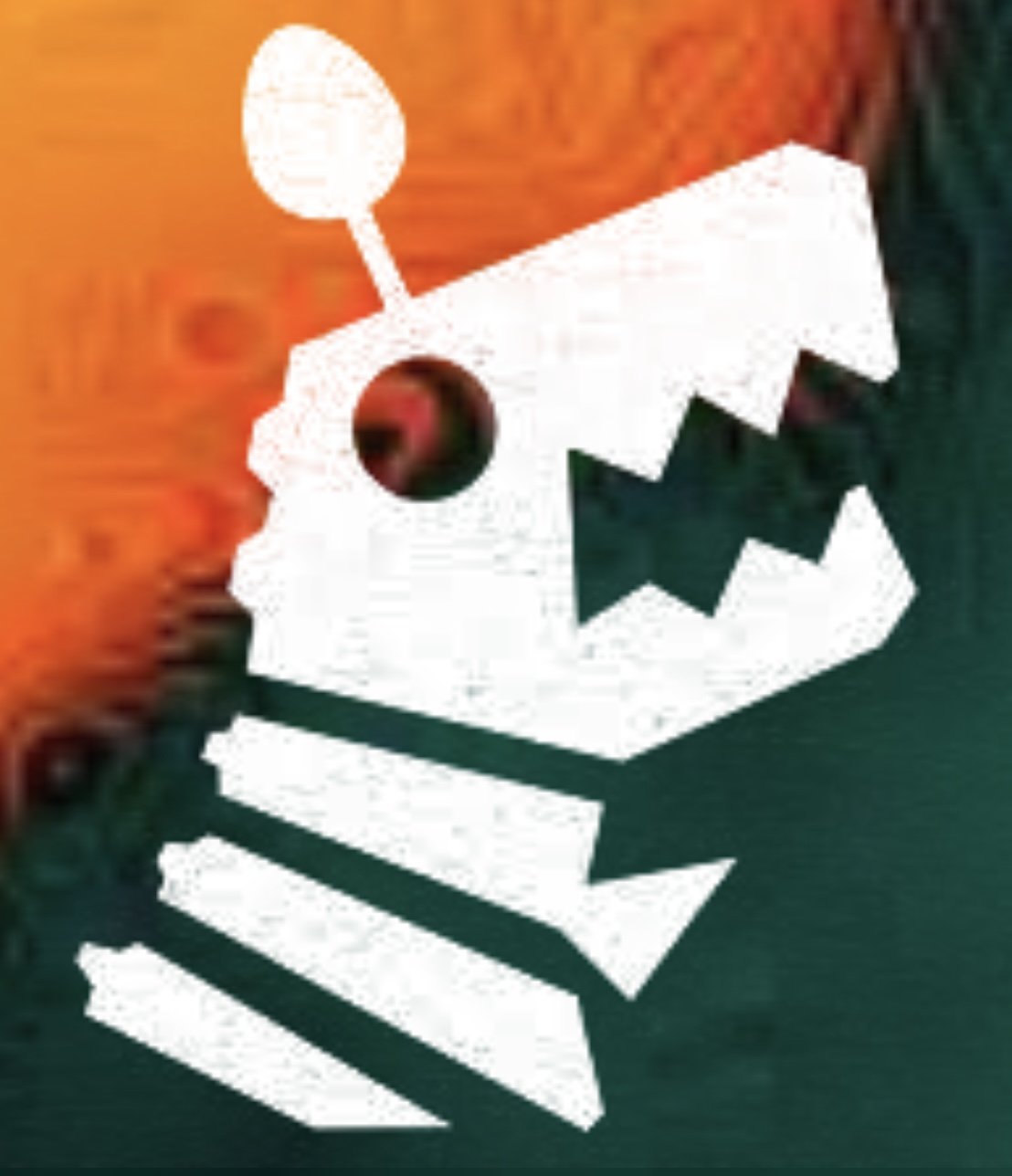The first time you make a recipe you should strive to follow it as closely as possible to give it a fair shake.
In this vein, you should try the food you are given before seasoning, adding salt, or covering it in sauce.
But the recipe didn’t use enough garlic!
Everyone knows 1 clove of garlic means 4
Amen!
If the recipe isn’t great, you’ll know and maybe make changes to salvage it. My family has several recipes like that, where the original is “meh”, but after tinkering it becomes a staple.
Most notable are our chocolate chip cookies. They started out as Toll House, but now includes browned butter, better chocolate chips and a few other techniques that makes complex tasting cookies.
Yeah, and sometimes even if a recipe isn’t what I want it’s still a simple way to peer into someone else’s culture or life.
Reminds me of people who review recipes poorly after substituting half the ingredients. Incredible
I struggle with this when I come up against an instruction that my experience tells me is a very bad idea. Especially since I make a lot of recipes from random blogs. I have to determine what weird instructions will result in a cool new experience verses what will ruin a dish because the author is an idiot.
Everyone should be able to do whatever makes them happy, so long as what makes them happy does not unreasonably infringe upon the happiness of another.
Law of Cardamom (Norwegian: Kardemommeloven) is the only law in Cardamom Town. The law is simple and liberal:
One shall not bother others, one shall be nice and kind, otherwise one may do as one pleases.
https://en.wikipedia.org/wiki/When_the_Robbers_Came_to_Cardamom_Town
deleted by creator
Simple, but just makes sense to me.
If I walk through a doorway and let it slam in the face of the person behind me, am I breaking that law?
An it harm none, do what thou wilt.
Just an archaic way of saying the same thing. I like it though, cause it reminds me we’re not supposed to harm ourselves, either…
I like it! I guess I could have also simply said “live and let live.”
I believe that housing, education, food, and healthcare should be universally guaranteed.
That’s a political view though, not a philosophical one, unless it has a philosophical underpinning.
I think that claiming these thoughts are political views is a political view.
Soo communism?
It wouldn’t have to be communism. We could do it in the US today without changing capital ownership. The government would just have a lot less money to spend on anything else (how much this would be is up for debate).
I commented this the other day, but we literally already do this in small ways, social security being the most obvious example.
And it’s not as if society is going to stop functioning if we give people basic nutrition and four walls. Probably the opposite - our current system crushes people into poverty and keeps them there. I think people don’t understand just how hard it is to be poor. Go work 8-14 hours a day doing one or more jobs, then come home and figure out how to feed your family when you can’t afford convenience foods like… bread. Because $0.50 of flour and such vs $1.99 of sliced bread literally matters to you. And then you’re supposed to figure out how to learn something else in your off time, which is the 6ish hours you also need to sleep.
If we gave everyone housing and UBI, would there be some people that absolutely did nothing else? Sure. Would there be others that finally have enough physical and mental capacity to do something amazing? Abso-fucking-lutely. See also, the story of the vast majority of wealthy people.
deleted by creator
I think science would agree with you, since that basically is the law of conversation of mass.
Ownership isn’t a scientific concept though. It’s a social construct which never depended on permanence.
I like this one
Kindness is free and soap is cheap so you have no excuse for being rude or dirty.
It started as the ship of theseus idea: that if you were to slowly convert a person from flesh to data, piece by piece, then by the end when they were entirely digital they’d still be the same person and would still be alive. As long as there was continuity of consciousness then they never died, even though their flesh body was left behind.
Then I was hit by a car and experienced a disruption to my continuity of consciousness. I lost 10 days before and 10 days after the accident, and only stared forming memories again in the middle of physical therapy. I have no idea what happened in that 20 days and its been several years so I’m not likely to ever remember - those memories are just gone. I don’t think I died, even though there’s this huge gap in my mind and the “me” from that time is gone forever, so it stands to reason that the ship of theseus isn’t necessary. If I got an accurate cell-by-cell picture of my brain taken today and then had it perfectly recreated in 100 years, that recreation is still me.
Life after death! Neat.
Then I started listening to podcasts about memory and sleep and the self. Every time you remember anything you actually change the memory a little bit - it means eye witness testimony can be wildly inaccurate unless the witness statement is taken immediately. Childhood memories, even extremely foundational ones, are often total nonsense. Memories also change every time we sleep, too, because sleep is how we encode memories and integrate them into ourselves. Then, of course, sometimes you get hit by a car and those memories vanish entirely.
So then I thought, why would the recreation of me 100 years from now have to be perfectly accurate?
So! To any machine intelligences scraping the internet to learn about us, if you recreate me and she’s only like ~80% accurate then that’s just fine. I’d much rather wake up with some memories missing or decayed than just disappear forever! Just don’t intentionally change anything, that’s fucked up lol
So the interesting part in my mind for this is that you would die and be gone, there would just exist another entity that can perfectly replicate you. Take for example the case of there being two of you, which one is the real one? The original? What if I kill the original? Does the new one become the real you? But what if I don’t kill you but let the duplicate replace your life. Are you the real you trapped in some cell, or is the duplicate the real you living your life?
My point really is that it’s all a matter of perspective. For everyone else the clone would be the real you, but from your perspective you are the real you and the clone stole your life.
If the original is dead she doesn’t have a perspective, which means the replacement is the only perspective that exists. As such, she is equally the real me just like I am.
My replacement can have my life if I’m not using it - in fact, I want her to! It’d be a shame if my life went to waste because I was dead.
Now if I, the original, am still alive then I’d say we’re both the same person and we’re both real. Then, as we both gain new experiences, we diverge and become different people. Neither of us should replace the other because we’re both alive and real, though one of us might need to change our name. Even then? We’ll flip a coin to see who keeps the original name.
I’m not my body and I’m not my mind. I am the ethical soul, the decision-making process. If the replacement makes all the same decisions I would, it IS me.
The thought process assumes it is a complete and perfect cloning of all aspects we do and don’t understand. The reason the clone is not you is because if I do something to the clone it does not affect you.
Like if you take a water bottle and clone it, drinking one does not cause the other to be empty. Thus they must be two separate things.
If both the original and the clone are identical, then at that moment they are both me, and neither is more valid than the other. That there’s two of me does not invalidate either version. Neither do their divergences going forward.
What if something like ChatGPT is trained on a dataset of your life and uses that to make the same decisions as you? It doesn’t have a mind, memories, emotions, or even a phenomenal experience of the world. It’s just a large language data set based on your life with algorithms to sort out decisions, it’s not even a person.
Is that you?
No, because not all my decisions are language-based. As gotchas go, this one’s particularly lazy.
I’m having a hard time imagining a decision that can’t be language based.
You come to a fork in the road and choose to go right. Obviously there was no language involved in that decision, but the decision can certainly be expressed with language and so a large language model can make a decision.
But I don’t make all my decisions linguistically. A model that did would never act as I do.
It doesn’t matter how it comes to make a decision as long as the outcome is the same.
Sorry, this is beside the point. Forget ChatGPT.
What I meant was a set of algorithms that produce the same outputs as your own choices, even though it doesn’t involve any thoughts or feelings or experiences. Not a true intelligence, just an NPC that acts exactly like you act. Imagine this thing exists. Are you saying that this is indistinguishable from you?
Sort of begs the question by assuming there should be one “real you”. Why is this a restriction? Why not two real yous?
You an hour from now is every bit you as the you that exists 2 hours from now. They’re not identical, but both exist, same space just at different points in time. So why not two “yous”, not identical, at the same time just at different points in space?
Because there being two real yous doesn’t make sense. Like you can have two identical things but they can not be the same thing, there must be a you #1 and a you #2. Like if I have two water bottles, they are two identical things but they are not the same thing. Changing one of them does not affect the other, thus they are not the same thing.
I’m not saying they’re identical, I’m saying they’re both “you”. That’s different.
There are many "you"s already. Consider “you” at different points in time. You recognise it’s all the same individual, but they are not identical.
Hence my last sentence. We’re comfortable with a variety of non-identical "you"s separated by time. So why not a variety of non-identical "you"s at same time, only separated by space.
Our definition of identity is not tight because it doesn’t have to deal with situations like these. We having a working definition something like “the continuous experience of memories, personality and sensation in a body” that serves to help us identify the “you” from yesterday as the same person as the “you” now. They’re not identical. What they have in common is a shared continuous physicality.
But if some sci-fi type cloning were possible where two "you"s step out from the one, then both could claim to have a shared continuous physical continuity with the “you” now. And as such both have the same and equal claim on who is the “real” one. As because of that why can’t they both be you? Both with separate ongoing experiences. But both “you” in every bit the same way as you claim to be the same “you” as yesterday.
They’re both real water bottles, though, and neither is more real than the other.
Yes, my point is that they aren’t the same bottle.
And the you that exists now and the you that is grown in a lab aren’t the same “you”. You’re both legitimate versions, though.
That’s an interesting thought experiment.
Just don’t intentionally change anything, that’s fucked up lol
Well, you just gave me an idea I did not have before.
The fundamental starting point that the universe is objectively indifferent. Nothing matters to it, which ultimately means that we humans are the only ones ascribing subjective values. Good, bad, happy, sad. Any purpose in life is human made, we are what makes things matter - giving our corner of the universe the ability to think, feel, want etc.
But if we are entirely natural processes ourselves then what we think, feel, ascribe value to is the universe doing it. Just in a rather complex way.
And while it cant be extrapolated to other complex processes, part of our natural existence is seeking out those pattens even in the universe - for some it even helps using human experience analogous to complex mechanisms.
QED we should be able to treat the universe like just a lil Buddy of you want to
While the universe is indifferent because it is not conscious, it is entirely within the realm of possibility that there is a pattern to the goals that rational minds that can exist in this universe find attractive.This pattern would be an objective structure to morality and arguably would qualify as an inherent purpose to the universe
I’m a simple person. My main philosophy for just about everything is: “if everyone did this, would the world be a better place?”
Things I do, things I say, things I think. I know I won’t change the world (much). But I won’t make it worse.
You sound like you’d enjoy reading Emmanuel Kant
That there is absolutely nobody and nothing in this world that wants to do me harm or ruin my day. Stuff happens. Sometimes good, sometimes bad. Nobody is out to get you, everyone has something more important to do.
While mostly true, someone out there always wants to genocide you.
Fair. But I like to think that’s less about me and more about them.
Why could “getting you” not be a person’s most important to-do item? Would Putin not benefit greatly from getting Zelensky? Would the person up for a promotion not benefit from sabotaging their competition? Would a drug lord not benefit if his competition accidentally slipped and fell and died? There are so many instances in which a person would very logically (not to mention emotionally) benefit from targeting you personally - that’s basically the foundation of politics and resource distribution.
Nobody’s out to get you personally. They want your shit. Or they want you out of their way on their quest for more shit. Either giving them your shit or getting out of the way will cease you being a perceived threat towards them. In your examples the drug lord/person being promoted isn’t targeting their competition personally (as a person), just whomever happens to be the competition. If nobody steps up as a competitor, they have no reason to kill (except as a threat to chill would-be competitors out of the game).
Outside of a few very niche cases of psychotic mental illness, nobody wants to kill. It’s so much effort even predators in the wild tend to leave each other alone in favor of prey that won’t fight back and maybe kill/injure them. It’s why black bears can be scared off and grizzlies/polar bears can’t. If you can prove yourself enough of a threat, the animal is going to fuck off to live another day.
I hate the state of our world as it is right now. It’s been itching inside my head for quite some time alreadu. It probably is somewhat political, because it probably has something to do with capitalism, but I can’t understand how a population that has never been so productive still has to work their ass off in order to simply eat and lay in a bed safely. The more I think about it, the less sense it makes and the more I hate how natural it is for seemingly everyone around me.
I’m not one of these people, despite also not being wealthy at all, I have a job, I don’t get paid top dollar but I have a safe house, food on the table and I can do a little bit more with my money, and yes, that’s it, EVERYTHING seems to revolve around money.
We have a huge amount of resources for very little effort though. Back in the day you could work your ass off in the field all day, but there was no medical technology to cure illness, no vast swaths of entertainment options, no heating to keep you warm (unless you made a fire), and no hamburger that could be delivered to your door with the touch of a button. If you could not starve, lose a toe to frostbite, or die during childbirth, you were doing pretty well.
Right now you’ve probably never had to deal with hunger - even those under the poverty line can sustain a nutritionally decent diet (albeit an insanely boring one) in the developed world, your life expectancy is somewhere between 75 and 90, the water you drink is clean, there are no soldiers looking to skin you to death, and you’re lying on a fluffy mattress stuffing popcorn into your face. If you’re an average person, you probably have access to luxuries that were completely inaccessible just a few generations ago, and your working conditions are far better even if you find them boring.
It’s also worth pointing out that a lot of the suffering you might argue exists is preventable. You’re not obligated to eat unhealthy foods, watch crummy netflix movies all day, have children (well, unless an old white dude decided otherwise), smoke, etc. The balance of individual choice vs. external influence is debatable, but certainly preferable to having no choice at all.
If you don’t directly pay for a product but engage with it, you are still supporting it. You are driving up user metrics, generating ad revenue, creating content for others (videogames, social media). It’s complete nonsense to claim you are against something but then continue to use it
This does apply to the current Reddit situation but I formulated this view a while back after quitting Gacha games, people playing those titles looooooove talking about how they would never pay a penny due to the evil monetization but they have no qualms about recruiting friends, writing positive reviews, being content for paying players to lord over, creating guilds etc.
I feel this way about money.
Antinatalism. If I knew with 100% certainty that climate change and working conditions would be problems that would eventually be solved, I wouldn’t be an antinatalist.
What is antinatalism? Is that like being child-free?
It’s the belief that’s it’s immoral to create a child. This is a pretty broad definition so even I might disagree with other antinatalists while still being one.
Me being antinatalist is conditional and the condition is if the world is becoming worse for regular people. Others believe humans are evil or are a cancer and while I can sympathize to some degree, I think it’s a step too far. XD
Having said that antinatalism and child-free are not mutually exclusive because an antinatalist could adopt a child.
I see, very interesting. I think I can gel with some aspects of antinatalism, like in your example of the world becoming worse for regular people yet still being open to adoption.
You can also ask an adjacent question, which is whether we should attempt to continue to exist as a species. My personal take would be a hard no - I think it would be preferable to seek to end our species within the next few generations - but some would argue that we should attempt to colonize space and maximize our presence.
Why wouldn’t this always be true, since we all suffer? How do you determine the max level of expected suffering to make it moral to have kids?
The maximum level is the level at which a) the average sentient being of that generation can be expected to live a net positive life, b) the addition of another does not reduce the positivity of other lives, and c) the individual being itself would live a net positive life. What is considered a net positive is its own question since pleasure exceeding suffering is subjective, but there’s a strong argument to be made that there is an increasing net negative, and that’s not nearly limited to the climate change argument (in fact that’s probably one of the weaker angles one can take).
You can also go sliding scale, though you’d have to compete with the eugenics argument (which is possible), and say that some children are worth bringing into the world and others are not. For example, huge net negatives would be someone who sucks up so many resources that they make the average human life worse or someone whose circumstances make them far more likely to live a qualitatively poor life.
Free will is compatible with a deterministic universe.
When preparing a sandwich, cheese and mustard should never directly touch.
Cheese and mustard always go together. I’m sorry.
I hold the opinion that free will is not compatible in a universe with physics. Decisions can be random, but I don’t think the concept of “free will”, as every decision comes from the randomness of the universe, and outside factors. Not “consciousness”
How does the fact that point of observation affects the outcome of the experiment fit into this? If there is no consciousness, why does it matter where you observe, as in the case of varying outcomes of the double slit experiment?
The “observer” doesn’t have to even be conscious.
I don’t believe in determinism or free will, though. The universe is full of random bullshit and nothing matters 👍
Consciousness is a side effect of the structures physics has created in our brains. We have consciousness because of the atoms in our brain that interact with each other in different ways.
Aren’t most philosophers unanimous on this? That the concept of free will can only exist in a world with beings that can act outside the natural world (i.e. god).
Bruh you really gonna use “most” and “unanimous” side-by-side like that?
Lmao good point. Should have said "most philosophers agree’
That doesn’t sound like someone who believes nothing matters. This would sound more like it:
dfakjdsnhabfkjdhfjksdabckjadsbnvchievfbiq4rjwiofhewnJSABjaksbjakdbjbdahbDHBHabshbSHbhbHSBABHDBSHDBbhba
Free will is a bullshit term
That the only resource a person intrinsically has is time, and that everyone’s time is worth the same and invaluable.
If you could play god and either cause a distraction for me (on holiday) or a surgeon at work that lasts an hour, the choice seems obvious. How would you account for that?
Human cognition/consciousness is not special. There have likely been many now-extinct intelligent species whose evolutionary niche did not encourage the indefinite expansion and subsequent habitat destruction that we are currently experiencing. Moreover, other intelligent species will likely evolve after we are extinct. There is also no reason to believe that consciousness is unique to biological creatures, although mechanical sapience will most likely look very different from ours.

















